Get Support
+91 9123517774
Manufacturers and consumers are increasingly putting pressure on supply chain managers to be more transparent, embrace new technologies, and adjust to constantly changing business practices. Keeping up with the ever-changing world of the supply chain industry can be a truly daunting task.
Overview of Supply Chain:
A supply chain is a network of organizations, people, activities, information, and resources involved in creating and moving a product or service from supplier to customer. It includes procurement, production, distribution, and logistics.


Digital Transformation in the Supply Chain:
Technologies such as artificial intelligence, IoT, block chain, and data analytics are increasingly being adopted to enhance visibility, traceability, and overall efficiency in supply chain operations.
By experiencing digital transformation in logistics and supply chains, customers will feel more elevated and engaged throughout their buying journey
Supply chain & manufacturing resiliency in a world of uncertainty
Supply chain and manufacturing resiliency have become critical considerations in a world characterized by uncertainty, which may stem from various factors such as global pandemics, geopolitical tensions, natural disasters, economic fluctuations, and supply chain disruptions. Building resilience in these areas involves strategic planning, flexibility, and the adoption of advanced technologies
Capabilities:
Effective supply chain management requires a combination of skills, processes, and technologies to ensure the seamless flow of goods and services from suppliers to end customers.
Develop a strategic sourcing approach that considers factors such as cost, quality, and supplier reliability. Evaluate potential suppliers based on their capabilities and alignment with organizational goals.
Drawback:
The on going global COVID-19 pandemic has continued to impact supply chains worldwide. Lockdowns, labor shortages, and disruptions to transportation have affected the production and distribution of goods. Industries heavily reliant on semiconductors, such as automotive and electronics, have faced shortages. This has led to production slowdowns and delays in delivering finished products. Climate-related events, such as extreme weather conditions and natural disasters, can disrupt supply chain operations. This includes disruptions to production facilities, transportation routes, and distribution networks.
` `

Solution:
Sales Cloud empowers companies to manipulate leads, music progress, and automate sales approaches without difficulty with the aid of using bringing all of the patron records collectively on an incorporated SaaS platform.It permits customers in taking knowledgeable selections thru real-time data.With the incorporation of Salesforce CPQ, energize the income group in imparting specific pricing for all product configuration scenarios.CPQ packages recall non-compulsory features, customization's, quantities, and discounts, permitting income reps to cite charges speedy and accurately.
Quotes:
"Supply chain excellence is achieving dramatic improvements in cost, service, and capital by transforming the way we think and act."


